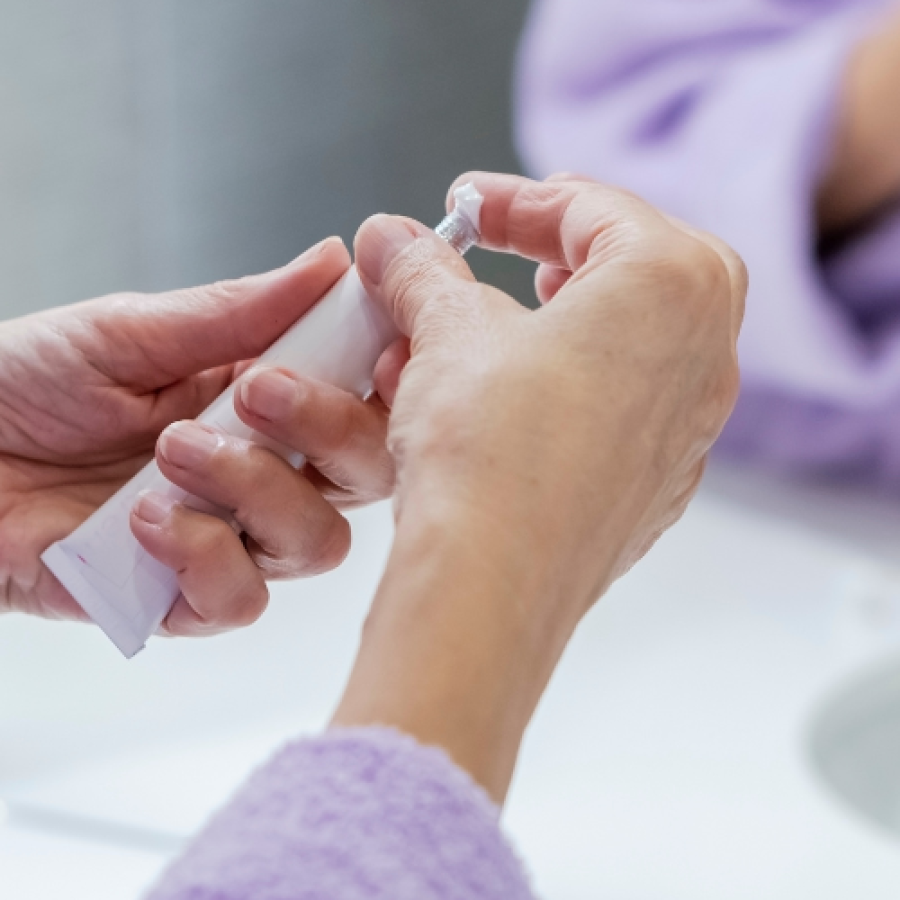
Clinical
How to Talk to Your Patients About BHRT
By Belmar Pharma SolutionsYour bustling, successful practice is full of women who really care about their appearance, and they trust ...

Show your committment to patient safety, legal compliance and community over competition.
AmSpa members receive preferred pricing on all AmSpa live and virtual trainings.
Get the latest news and information about safe, legal practice in medical aesthetics directly in your inbox.
Get access to med spa laws, in-person and online training and more!
Posted By Mike Meyer, Wednesday, July 17, 2019

By Patrick O'Brien, JD, legal coordinator for the American Med Spa Association

In many states, it can be a challenge to determine what specific interventions and tasks are within the scope of advanced practice registered nurses, registered nurses and licensed practical nurses. Often, the statutory scope of practice on which the nursing board relies is written in vague and general terms, such as "promoting health," "providing care and support" and "acquired through educational preparation in nursing." To provide additional guidance, many nursing boards have adopted the Decision-Making Framework promoted by the National Council of State Boards of Nursing (available here). However, when you reach out to these boards seeking additional guidance, they will ask you to work through the framework to answer your own question.
While the decision tree can be helpful in reasoning through a nurse's scope of practice, it often raises more questions than it answers. This is especially true for nurses who practice in medical spas and the aesthetic industry, since the procedures they are asked to administer are often very different from what is considered the "traditional" practice of nursing. For example, in the second question the framework asks if the task is "consistent with evidence-based nursing and health care literature," but it does not provide information about how much evidence is needed or which publications are acceptable sources. Similarly, the fourth question asks about "necessary education to safely perform the activity," but again, how do you know if you have enough education about the procedure? Is a weekend course enough, or do you need something that lasts a week or semester?

Fortunately, the Oregon State Board of Nursing recently provided a very helpful interpretive statement on cosmetic procedures. Interpretive statements in general aren't unusual, but what makes this one unique is that the board walks through and discusses the issues and reasoning for each question in the decision framework as it pertains to procedures a nurse could perform in a medical spa. We won't review the whole statement here, but we want to point out some of the more interesting points in the board's analysis.
Now, obviously, this analysis is specific to Oregon and won't apply completely to your state. It does, however, provide insight into how your own state's board might navigate this decision framework. Finding answers about the legal aspects of the medical aesthetics industry and educational issues can be daunting. AmSpa members can check their states' legal summaries to determine if a procedure falls within their statutory scope of practice. However, nurses still will need to examine their own educational backgrounds and the practice setting to determine if the procedure is within their personal scope of practice.

Related Tags
Medical spa news, blogs and updates sent directly to your inbox.

Clinical
By Belmar Pharma SolutionsYour bustling, successful practice is full of women who really care about their appearance, and they trust ...

Legal
By Alex Thiersch, Founder and Chairman, AmSpaThe Indiana Senate recently passed Senate Bill 282, which includes wide-ranging medical spa regulatory ...

Legal
By Adam Reinebach, Chief Executive Officer, American Med Spa Association (AmSpa)New Jersey is at a crossroads.With the recent expiration of ...

Legal
By Madilyn Moeller, Marketing Content Coordinator, American Med Spa Association (AmSpa)A few lines in a state bill can fundamentally change ...